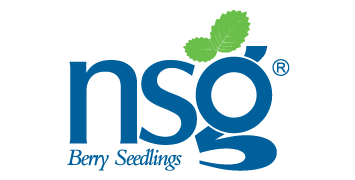These are provisional results, although being decisive, the final ones will be revealed only in a few months. However, it can already be stated that the strawberry varieties Marimbella and Cozumel excelled in field trials that researchers from the Andalusian Institute of Agricultural Research and Training, Fishing, Food and Ecological Production (IFAPA) have carried out during this initiative at the farm El Cebollar de Moguer, in Huelva.
Those responsible for revealing these provisional results were the director of Ifapa in Huelva, Juan Jesús Medina, and the researcher José Antonio Gómez Mora.
This year 12 varieties were part of this field test. They have been sown in disinfected soil, non-disinfected soil, soil-less cultivation, and organic soil. The results of organic production were recorded at a farm in Almonte, precisely in Flor de Doñana, an agricultural company recognized for its organic production of red fruits. As stated before, however, those figures will be announced only in a few months as soon as the final results are reported.
The first three cultivation systems (disinfected soil, non-disinfected and soil-less), have shown how the varieties Cozumel, of the improvement program of Masiá Ciscar, and Marimbella of Nova Siri Genetics (NSG), are the most performing. They were placed at the top in all three cases up to this day, April 19th, with a production of more than 50,000 kg/ ha, a significant figure, especially considering that in the case of non-disinfected soil, it had remained pristine for several seasons.
For Medina, it should be noted that "Cozumel and Marimbella are resistant to fungi and other subsoil agents as regards non-disinfected cultivation; which means they would respond well to any difficulties".
The Cozumel variety is characterized by a high production of first-class mostly, and very little of the second one.
As for the test of soil-less cultivation (hydroponics), it must be taken into account that varieties that give excellent results in soil, usually do not excel outside of it and vice versa. For example, those that are very precocious perform better in soil cultivation, but not outside.
Although some varieties, such as Cozumel and Marimbella, can perform well in any scenario, others are effective just for a specific kind of cultivation. As for disinfected soils, for example, Marisma of Fresas Nuevos Materiales stands out, while aboveground the first place is occupied by PLARED 13-120 of Planasa.
The soil-less test (hydroponics) was carried out with three planting frames: 6 plants/meter, 9 plants/meter and 12 plants/meter. Well, the results showed a similarity in production between the picture of 9 plants/meter and the 12 plants/meter one. There have even been exceptional cases, such as that of Rociera of FNM, whose production was greater with 9 plants/meter rather than with 12 plants/meter.
Finally, a problem in the nursery was, in large part, the reason why the Florida Fortuna variety this year did not stand out in this test, stopping at the bottom of the standings.
Fortuna of Ekland Marketing Co. (EmcoCAL) has been the most widely planted variety in the strawberry fields of Huelva for many years now, occupying 35% of the Onubense territory. It is an early and very profitable variety, qualities that have guaranteed for years the trust of the producers of Huelva.
Source: Agro Diario Huelva



